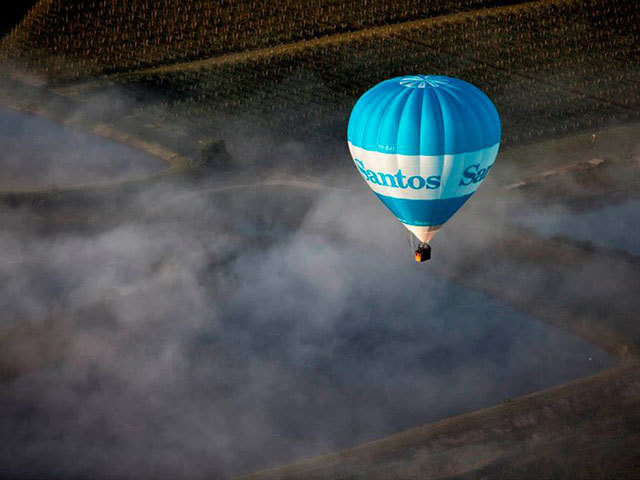
Australia’s Santos plans to take a final investment decision (FID) on its proposed Moomba carbon capture and storage (CCS) project that it said would be among the largest in the world.
Santos chairman Keith Spence told shareholders during the company’s annual general meeting last week that its $155 million Moomba CCS project could move ahead once new legislation comes through from the federal government in Canberra.
“The 1.7 million tonne per annum project is waiting on a methodology to be approved under the Clean Energy Regulator’s framework so that CCS projects can generate Australian Carbon Credit Units,” he said. “We anticipate this will be in place by September this year, paving the way for what will be the second-largest, and the lowest-cost, CCS project in the world.”
Last October Santos said the CCS scheme will be one of the lowest cost projects globally, based on at their estimate of around A$30 per tonne.
At the time Santos said it had injected about 100 metric tons of carbon dioxide (CO2) into depleted gas reservoirs as part of the final field trial for the Moomba CCS facility in the Cooper basin.
“With the world still relying on hydrocarbon fuels for 80% of its primary energy, zero emissions technologies that make hydrocarbon fuels cleaner are essential to meet the world’s emissions reduction targets,” the company said last year.
CCS projects store around 40 million tonnes per year of carbon dioxide, far short of the more than two billion tonnes of carbon dioxide the International Energy Agency (IEA) forecasts that CCS projects will need to store each year by 2040.
Australia has a natural competitive advantage in CCS with known high-quality, stable geological depleted storage basins capable of injection at a rate of 300 million tonnes per year for at least 100 years – the same basins that have previously safely and permanently held oil and gas in place for tens of millions of years, said Santos.
Last month the company announced it has drawn a roadmap targeting net-zero emissions by 2040.
Santos is seeking to lower its Scope 1 and 2 emissions by 26-30% by 2030, versus a 2020 baseline, and it also plans to actively work with customers to reduce their Scope 1 and 2 emissions by more than 1 million metric tonnes per year within the next decade, through switching to cleaner fuels.
